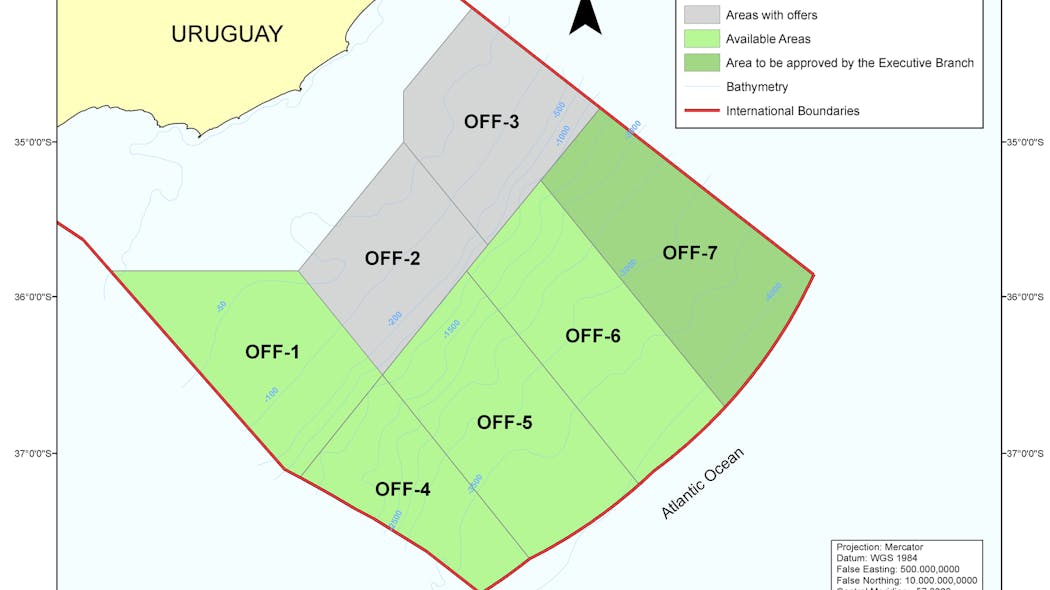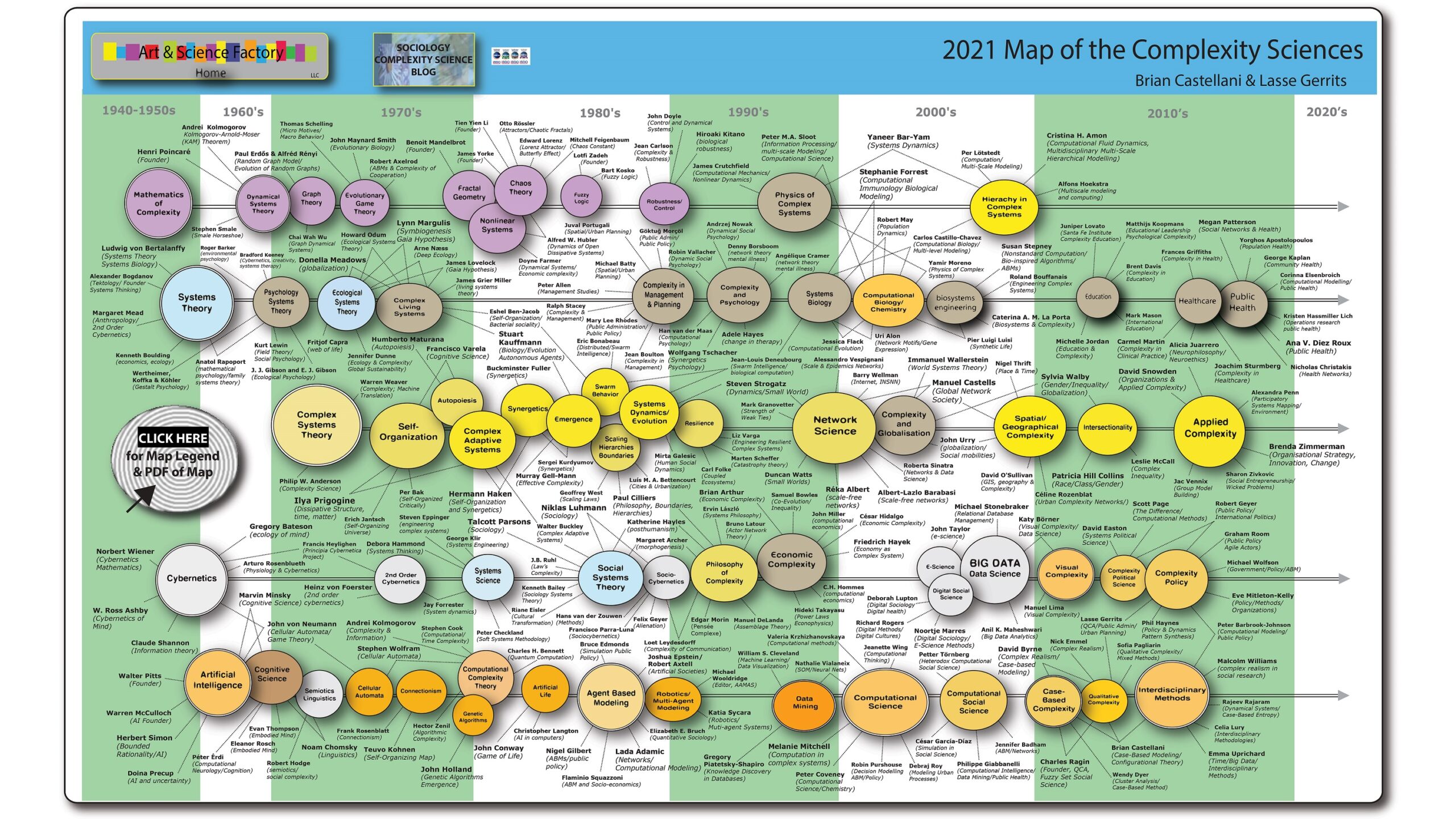Is Black Gold Within Reach? Analyzing Uruguay's Offshore Drilling Potential

Table of Contents
Geological Potential and Exploration Activity
Uruguay's offshore potential rests on the promising geological formations found within its exclusive economic zone (EEZ). Successful exploration and extraction hinges on understanding these formations and employing the appropriate technologies.
Promising Geological Formations
The most promising areas for Uruguay offshore drilling lie within the Pelotas Basin, an expansive sedimentary basin extending along the South American continental margin. This basin, known for its complex geological history, holds significant potential for both pre-salt and post-salt hydrocarbon reservoirs.
- Pelotas Basin: This basin's deepwater sections are believed to hold substantial reserves, though significant exploration is still needed to confirm their extent and viability. Water depths in this area range from several hundred meters to over two kilometers.
- Seismic Surveys: Extensive seismic surveys have been conducted in recent years, revealing promising structural features indicative of potential hydrocarbon traps. These surveys utilize advanced imaging techniques to map subsurface geology with unprecedented detail.
- Early Exploration Efforts: While initial exploration efforts have yielded mixed results, recent technological advances have renewed interest in the region's offshore potential. The data gathered from these earlier explorations, while inconclusive in terms of commercially viable reserves, has provided crucial insights into the basin's geology and potential challenges.
Technological Advancements and Deepwater Drilling
Successfully tapping into Uruguay's offshore resources requires advanced technologies capable of operating in challenging deepwater environments.
- Advanced Seismic Imaging: High-resolution 3D and 4D seismic imaging plays a vital role in identifying potential hydrocarbon traps and guiding drilling operations. This technology is crucial in navigating the complex geological structures found in the Pelotas Basin.
- Subsea Technologies: Sophisticated subsea technologies, including remotely operated vehicles (ROVs) and autonomous underwater vehicles (AUVs), are essential for inspecting and maintaining subsea infrastructure in deepwater environments.
- Specialized Drilling Rigs: Deepwater drilling necessitates the use of specialized drilling rigs equipped to handle the high pressures and temperatures encountered at significant depths. The expertise of international oil companies with experience in deepwater operations is invaluable in this context. The involvement of these companies also brings much needed capital investment into Uruguay offshore drilling projects.
Regulatory Framework and Investment Climate
Uruguay's government is actively shaping the regulatory framework to attract foreign investment and ensure responsible development of its offshore resources. However, balancing economic growth with environmental protection remains a crucial challenge.
Government Policies and Licensing Rounds
The Uruguayan government, primarily through the Ministry of Industry, Energy and Mining, is responsible for regulating offshore oil and gas activities. Licensing rounds are conducted periodically, offering exploration and production rights to qualified companies through a competitive bidding process.
- Licensing Rounds: These rounds are designed to attract international investors, with the terms and conditions carefully crafted to balance the interests of the state and the private sector. Transparency and a fair regulatory process are key aspects.
- Environmental Regulations: Strict environmental regulations are in place to minimize the environmental footprint of offshore operations, including stringent requirements for environmental impact assessments (EIAs). These regulations are frequently updated to reflect best practices and international standards.
- Attractiveness of Licensing Terms: Compared to some other regions, Uruguay's licensing terms are generally considered competitive, offering a balance of fiscal incentives and regulatory oversight. However, the level of risk associated with exploration in a relatively unexplored basin needs to be carefully considered by potential investors.
Environmental Concerns and Sustainability
Offshore drilling inherently carries environmental risks, primarily associated with potential oil spills and the impact on marine ecosystems. Uruguay is committed to minimizing these risks through robust environmental safeguards.
- Environmental Impact Assessments (EIAs): Before any offshore drilling activity can commence, comprehensive EIAs are mandatory. These assessments evaluate the potential environmental impacts and outline mitigation strategies.
- Spill Response Plans: Comprehensive spill response plans are a critical part of any offshore drilling operation, ensuring preparedness for any potential incidents.
- Environmentally Friendly Technologies: Uruguay encourages the adoption of environmentally friendly drilling technologies and practices to minimize the impact on marine biodiversity and coastal ecosystems. This includes the use of advanced technologies for leak detection and prevention.
Economic Impact and Potential Benefits
Successful offshore oil and gas production in Uruguay could provide significant economic benefits, including job creation and increased energy independence.
Job Creation and Revenue Generation
The development of Uruguay's offshore oil and gas sector is expected to generate numerous direct and indirect jobs.
- Direct Jobs: These include employment opportunities in drilling, production, and support services directly linked to offshore operations.
- Indirect Jobs: These encompass roles in related industries such as logistics, manufacturing, and construction.
- Government Revenue: Royalties and taxes from oil and gas production would generate significant revenue for the Uruguayan government, funding public services and infrastructure projects.
- GDP Contribution: A successful offshore industry could significantly boost Uruguay's GDP, contributing to overall economic growth and stability.
Energy Security and Diversification
Domestic oil and gas production would enhance Uruguay's energy security by reducing reliance on imported energy sources.
- Reduced Reliance on Imports: This will lead to greater price stability and reduce vulnerability to global energy market fluctuations.
- Energy Diversification: Offshore drilling allows for diversification of the country's energy mix, reducing dependence on any single energy source.
- Potential for Export: If reserves prove substantial, Uruguay could potentially export surplus oil and gas, generating additional revenue and strengthening its position in the international energy market.
Conclusion
Uruguay's offshore drilling potential presents a significant opportunity for economic growth and energy independence. While challenges related to regulation, technology, and environmental concerns undoubtedly exist, the promising geological formations and the government's commitment to responsible development suggest a positive outlook for this sector. Further exploration and investment are crucial to unlocking the full potential of Uruguay's "black gold," ensuring sustainable development, and maximizing the benefits for the nation. Continue learning about the exciting possibilities of Uruguay offshore drilling by exploring further research and industry updates. Stay informed about future licensing rounds and the evolving regulatory landscape to participate in this potentially transformative industry.

Featured Posts
-
 The Complex Relationship Between Apple And Google Cooperation Or Competition
May 11, 2025
The Complex Relationship Between Apple And Google Cooperation Or Competition
May 11, 2025 -
 Valspar Championship Lowry In Contention For The Title
May 11, 2025
Valspar Championship Lowry In Contention For The Title
May 11, 2025 -
 Crazy Rich Asians Tv Series Adele Lim Jon M Chu And Kevin Kwan Lead Development
May 11, 2025
Crazy Rich Asians Tv Series Adele Lim Jon M Chu And Kevin Kwan Lead Development
May 11, 2025 -
 Tres Toros Regalo Del Presidente De Uruguay A Xi Jinping Llegan A China
May 11, 2025
Tres Toros Regalo Del Presidente De Uruguay A Xi Jinping Llegan A China
May 11, 2025 -
 Yankees Aaron Judge Responds To Soto On Lineup Dynamics
May 11, 2025
Yankees Aaron Judge Responds To Soto On Lineup Dynamics
May 11, 2025
